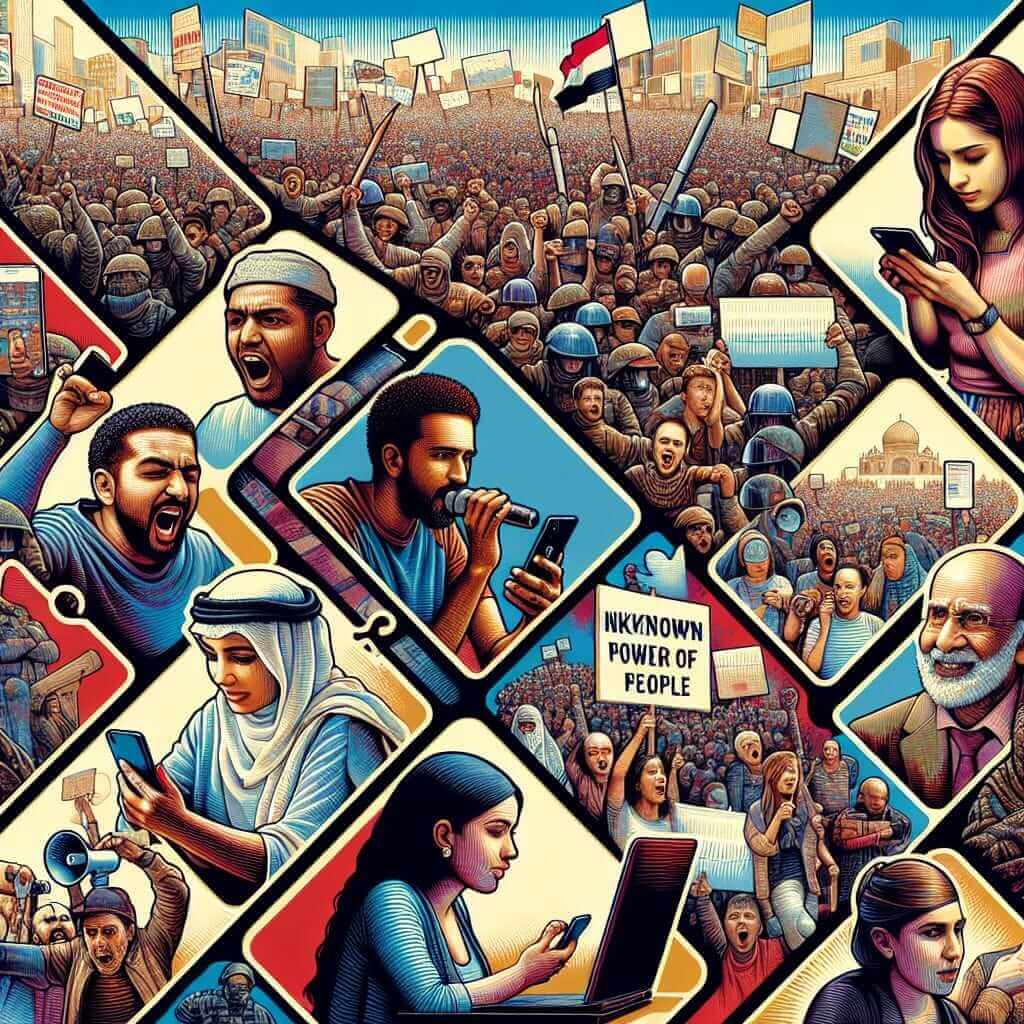The influence of social media on political activism is a topic that frequently appears in IELTS Writing Task 2, particularly in the realm of social and technological issues. This essay will delve into this topic, analyzing its significance and providing a sample essay response to guide IELTS test-takers.
Sample IELTS Essay Questions
Here are some potential IELTS Writing Task 2 questions related to this topic:
- To what extent do you agree or disagree that social media has had a positive impact on political activism?
- Social media is increasingly being used to raise awareness of political issues. What are the advantages and disadvantages of this trend?
- Some people believe that social media activism is ineffective, while others argue that it can bring about real change. Discuss both views and give your own opinion.
Sample Essay Analysis & Response
Let’s choose the first question for our sample essay:
To what extent do you agree or disagree that social media has had a positive impact on political activism?
Essay Analysis
- Type: Opinion Essay (Agree/Disagree)
- Keywords: social media, political activism, positive impact
- Key Concepts:
- Understanding the role of social media in modern society.
- Analyzing how social media facilitates political participation.
- Considering both the positive and negative aspects of this influence.
Model Essay
In today’s interconnected world, social media platforms have become ubiquitous, profoundly shaping how we communicate and engage with societal issues. It is argued that social media has yielded a positive influence on political activism. While concerns exist about its limitations, I firmly believe that the benefits of social media in this domain far outweigh its drawbacks.
Firstly, social media platforms provide unprecedented accessibility and reach for political activists. Unlike traditional forms of activism, which often require significant resources and manpower, social media allows individuals to disseminate information, mobilize support, and organize protests with remarkable ease. A single tweet or Facebook post can instantly reach millions, transcending geographical boundaries and empowering marginalized voices that might otherwise go unheard. The Arab Spring, for instance, demonstrated the potency of social media in galvanizing mass movements and challenging authoritarian regimes.
 The Arab Spring and Social Media
The Arab Spring and Social Media
Moreover, social media fosters a sense of community and shared purpose among politically engaged individuals. Online platforms provide spaces for like-minded people to connect, exchange ideas, and engage in constructive dialogue. This sense of solidarity can be particularly empowering for individuals who may feel isolated in their political beliefs or lack access to traditional political institutions. By fostering these connections, social media nurtures a more inclusive and participatory form of political engagement.
However, it is important to acknowledge the potential downsides of social media’s influence on activism. The spread of misinformation, echo chambers, and the potential for online harassment are legitimate concerns. The ephemeral nature of social media trends can also lead to activism that is fleeting and lacks depth.
In conclusion, while social media presents certain challenges, its positive impact on political activism is undeniable. The accessibility, reach, and community-building capabilities it offers have transformed political engagement, empowering individuals and fostering a more inclusive public sphere. However, it is crucial to cultivate critical thinking skills and media literacy to mitigate the potential risks associated with this powerful tool. (Word Count: 321)
Writing Tips
- Structure: Use a clear essay structure with an introduction, body paragraphs, and a conclusion.
- Balanced Argument: Acknowledge both sides of the argument even if you strongly agree or disagree.
- Examples: Use specific examples to support your points.
- Vocabulary: Use a range of vocabulary related to technology, society, and politics.
- Grammar and Accuracy: Pay close attention to grammar, spelling, and punctuation.
Difficult Vocabulary
- Ubiquitous (adj.): /juːˈbɪk.wɪ.təs/ – Being or seeming to be everywhere at the same time.
- Disseminate (verb): /dɪˈsem.ɪ.neɪt/ – To spread something, especially information, widely.
- Marginalized (adj.): /ˈmɑːr.dʒɪ.nə.laɪzd/ – Treated as insignificant or peripheral.
- Galvanize (verb): /ˈɡæl.və.naɪz/ – To shock or excite someone into taking action.
- Ephemeral (adj.): /ɪˈfem.ər.əl/ – Lasting for a very short time.
Conclusion
The intersection of social media and political activism is complex and multifaceted. Understanding this relationship is crucial for IELTS Writing Task 2. By familiarizing yourself with the arguments, vocabulary, and essay structure, you can confidently approach this topic and achieve a high band score. Remember to practice writing essays on a variety of related questions to solidify your understanding and improve your writing skills.

